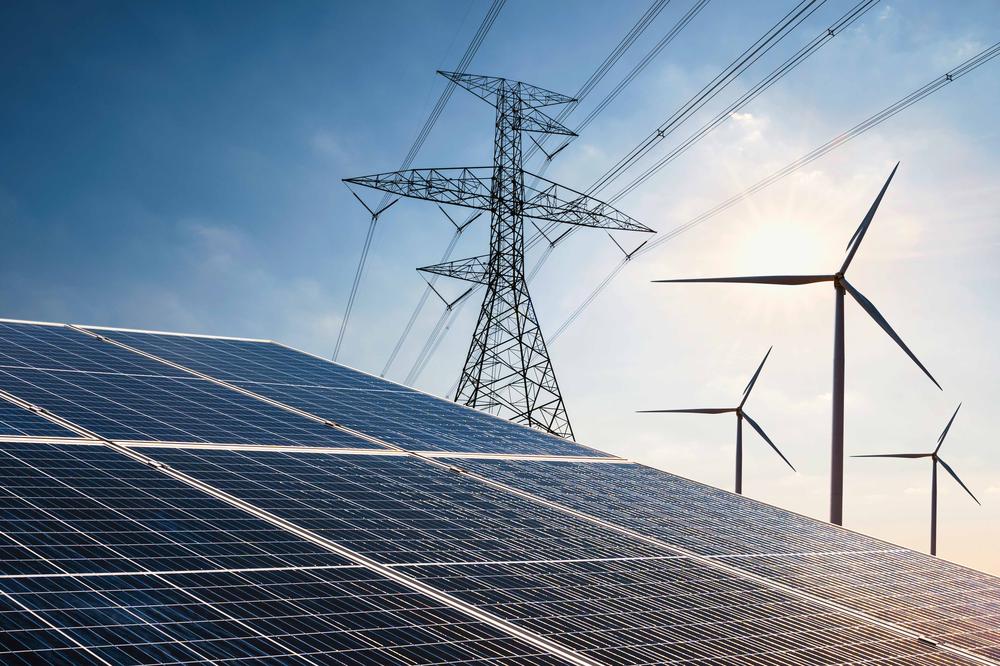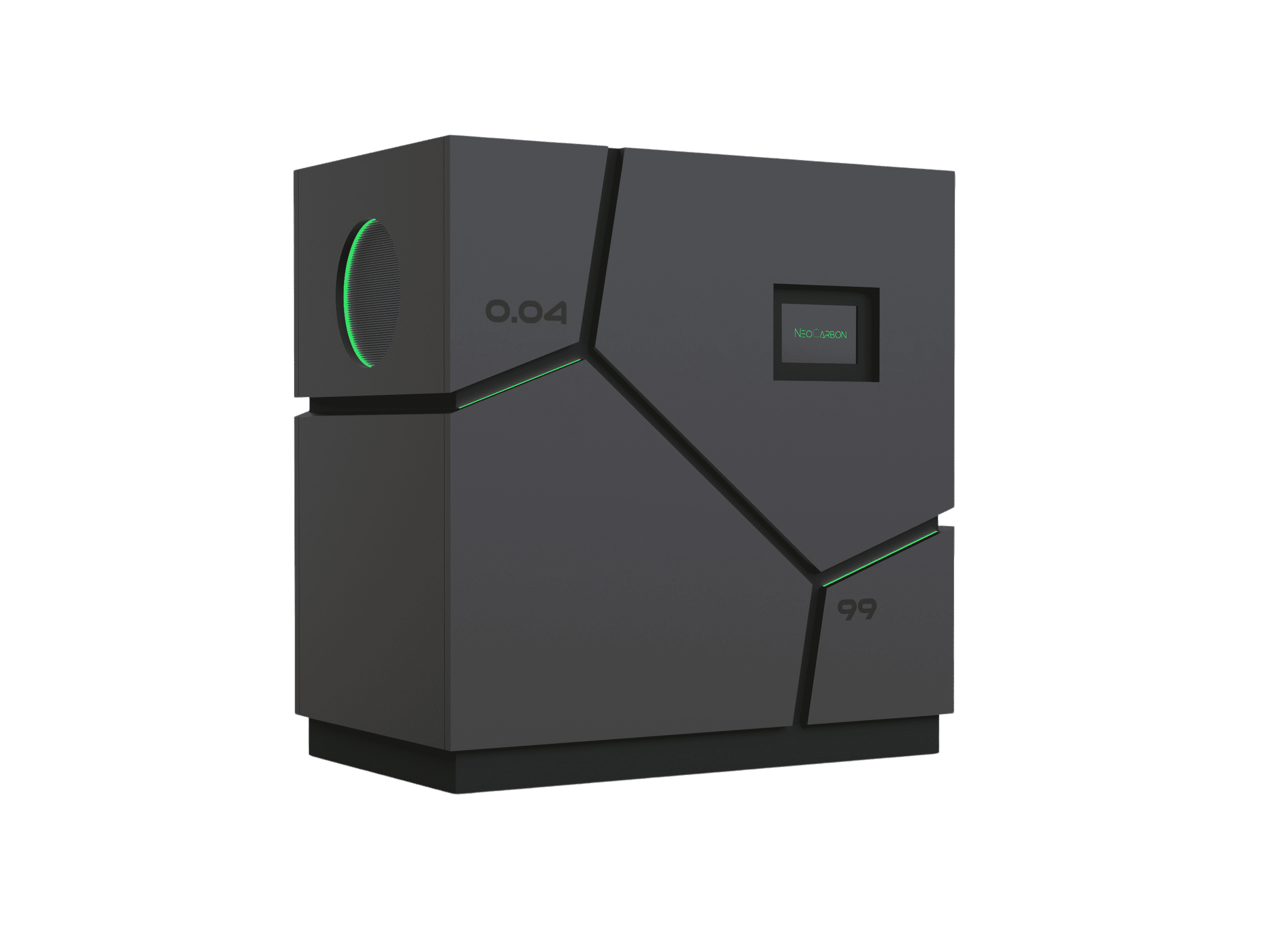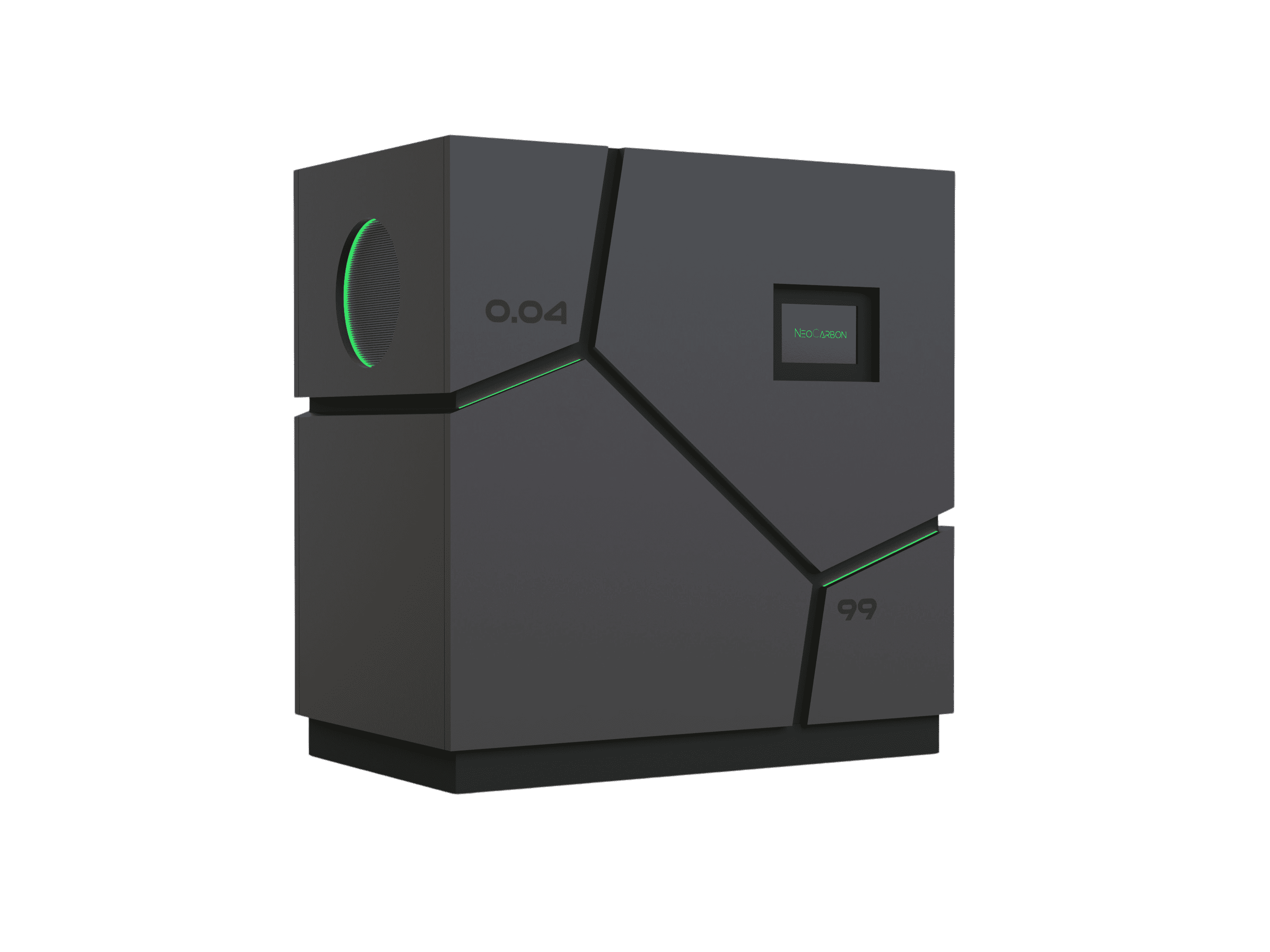
The B2B platform for the best purchasing descision. Identify and compare relevant B2B manufacturers, suppliers and retailers
Close
Filter
Result configuration
Continents
Select continent
Locations
Result types
Company type
Select company type
Industries
Select industry
Company status
Select company status preset
Number of employees
Min.
Max.
Founding year
CO2 Capsol AS
Oslo, Norway
A
1-10 Employees
2014
Key takeaway
The company is dedicated to accelerating the transition to a net zero future through its innovative carbon capture technologies. Their CapsolEoP® system has been successfully implemented in large-scale projects, such as Stockholm Exergi's Bio-energy Carbon Capture and Storage initiative.
Reference
Core business
Home
InCapture
Australia
A
11-50 Employees
2022
Key takeaway
InCapture is focused on carbon capture and sequestration, utilizing its geological and geophysical data to identify suitable sites for storing carbon dioxide. Their commitment to sustainable practices and contribution to the journey towards net-zero makes them key players in the carbon storage landscape.
Reference
Core business
Home Page - incapture
Carbon BioCapture®
Miami, United States
B
1-10 Employees
2019
Key takeaway
Carbon BioCapture LLC (CBC) specializes in innovative carbon capture technologies, particularly their patented microalgal system that not only captures carbon but also generates oxygen, cleans water, and produces biomass for various valuable applications.
Reference
Product
Solutions – Carbon BioCapture
Looking for more accurate results?
Find the right companies for free by entering your custom query!
25M+ companies
250M+ products
Free to use
Clean Carbon UK
Livingston, United Kingdom
A
11-50 Employees
-
Key takeaway
Clean Carbon UK is dedicated to carbon capture, actively reducing CO2 emissions from the atmosphere and repurposing it for food, beverage, and pharmaceutical applications. Their approach involves capturing waste CO2, thus contributing to emission reduction efforts.
Reference
Core business
Carbon Capture – The Carbon Capture Revolution
CarbonOrO
Nijmegen, Netherlands
A
1-10 Employees
2013
Key takeaway
CarbonOrO provides advanced carbon capture solutions for industrial CO2 emitters in sectors such as waste management, energy, and manufacturing, which are crucial for reducing emissions and facilitating the Net Zero transition. Their technology, developed from research collaborations, boasts low energy and operational costs, making it a viable option for effectively capturing and storing CO2.
Reference
Core business
Homepage - CarbonOrO
CarbonOrO delivers carbon capture solutions to industrial CO2 emitters across hard-to-abate sectors to accelerate the Net Zero transition.
Carbon Clean Solutions
London, United Kingdom
A
11-50 Employees
2009
Key takeaway
Carbon Clean is dedicated to achieving net zero through comprehensive carbon capture and storage solutions. Their technology, including a proprietary solvent that enhances CO2 removal, targets significant emissions reduction opportunities, particularly in steel-making and refining processes.
Reference
Core business
Carbon capture and storage to reach net zero | Carbon Clean
Carbon Clean is on a mission to achieve 1 billion tonnes of carbon capture. Explore our carbon capture and storage solutions.
Carbon GeoCapture
Laramie, United States
B
1-10 Employees
2016
Key takeaway
The company focuses on capturing and storing carbon dioxide from various emission sources, including power plants and hard-to-decarbonize industries, as well as utilizing emerging direct air capture technologies. Their approach to carbon capture and storage is designed to effectively manage carbon emissions.
Reference
Core business
Carbon GeoCapture
Aker Carbon Capture
Bærum, Norway
A
11-50 Employees
2020
Key takeaway
Aker Carbon Capture is a prominent provider of carbon capture technology, having developed and commercially offered its unique solutions since 2005. Their advanced systems are designed to effectively capture CO₂ emissions from various sources, contributing to a more sustainable future.
Reference
Product
Carbon Capture as a Service – Aker Carbon Capture
CyanoCapture
Oxford, United Kingdom
A
1-10 Employees
2021
Key takeaway
CyanoCapture leverages synthetic biology, specifically genetically modified cyanobacteria, to make carbon capture economically viable at various industrial sites, including CCGT power stations and refineries. Their innovative approach enables effective carbon removal from emissions, producing high-quality biochar and biocrude oil in a cost-effective manner.
Reference
Core business
Home | CyanoCapture
Cyanocapture - Scalable Carbon Capture Technology. Utilising genetically modified cyanobacteria for affordable carbon capture
Carbon America
Arvada, United States
B
11-50 Employees
2019
Key takeaway
The company focuses on the entire carbon capture value chain, from development to project closure, emphasizing their commitment to effective solutions for reducing carbon emissions. With expertise in carbon capture and storage (CCS), they aim to address the urgent need for emission reduction in the coming years.
Reference
Product
Solutions — Carbon America
Technologies which have been searched by others and may be interesting for you:
A selection of suitable products and services provided by verified companies according to your search.

Product
CO2-as-a-service
Go to product
A selection of suitable use cases for products or services provided by verified companies according to your search.

Use case
CO2 utilization to produce sustainable fuels
Aviation
Many companies require CO2 as input for their industrial process. For example, companies that produce Sustainable Aviation Fuels need CO2 as a feedstock, and they can replace their 'dirty' CO2 with the most sustainable source of CO2. In addition, you also eliminate the need to transport the CO2 as we capture the CO2 directly on your site.

Use case
CO2 utilization to produce sustainable fuels
Aviation
Many companies require CO2 as input for their industrial process. For example, companies that produce Sustainable Aviation Fuels need CO2 as a feedstock, and they can replace their 'dirty' CO2 with the most sustainable source of CO2. In addition, you also eliminate the need to transport the CO2 as we capture the CO2 directly on your site.
Carbon capture is a technology designed to prevent carbon dioxide (CO2) from entering the atmosphere. It works by capturing CO2 emissions at their source, such as power plants or industrial facilities, before they can contribute to climate change. The captured CO2 can then be stored underground or utilized in various applications, such as enhanced oil recovery or the production of building materials. This process plays a crucial role in reducing greenhouse gas emissions and is a significant component of strategies aimed at achieving net-zero emissions goals.
Carbon capture technology works by capturing carbon dioxide (CO2) emissions produced from the use of fossil fuels in electricity generation and industrial processes. The process typically involves three main steps: capturing the CO2 from the exhaust gases, transporting it to a storage site, and then storing it underground in geological formations. During the capture phase, different methods can be employed, including pre-combustion capture, post-combustion capture, and oxy-fuel combustion. These methods utilize absorption, adsorption, or membrane separation techniques to isolate CO2 from other gases. Once captured, the CO2 is compressed and transported via pipelines or other means to designated storage sites. Finally, the stored CO2 is injected deep underground into rock formations, ensuring it remains trapped and does not re-enter the atmosphere, thereby mitigating climate change effects.
1. Reducing Greenhouse Gas Emissions
Carbon capture technology significantly lowers the amount of carbon dioxide released into the atmosphere. By capturing emissions from industrial processes and energy production, it plays a vital role in mitigating climate change and achieving net-zero targets.
2. Enhancing Energy Efficiency
Implementing carbon capture systems can lead to improved energy efficiency in power plants and industrial facilities. By recycling captured CO2 for use in enhanced oil recovery and other applications, these systems can help optimize resource use and reduce waste.
3. Supporting Economic Growth
The carbon capture industry has the potential to create numerous jobs in engineering, manufacturing, and operation. Investing in this technology can stimulate economic growth while addressing environmental concerns.
4. Promoting Sustainability
By integrating carbon capture solutions, businesses can enhance their sustainability profiles. This technology allows companies to demonstrate their commitment to reducing their carbon footprint and meeting regulatory requirements, fostering a positive public image.
1. Energy Sector
The energy sector, particularly fossil fuel-based power generation, stands to gain significantly from carbon capture technology. By capturing CO2 emissions from power plants, this industry can reduce its carbon footprint and contribute to climate change mitigation.
2. Cement Manufacturing
Cement manufacturing is another industry that can benefit immensely. The production process emits a substantial amount of CO2. Implementing carbon capture can help lower emissions and improve sustainability in cement production.
3. Chemical Production
Chemical production processes, particularly those that involve fossil fuels, can also utilize carbon capture. By capturing emissions, these companies can enhance their environmental performance while continuing to meet industrial demand.
4. Steel Industry
The steel industry, known for its high emissions, can leverage carbon capture to reduce its greenhouse gas output. This technology offers a pathway to produce steel more sustainably, aligning with global decarbonization efforts.
5. Oil and Gas
In the oil and gas sector, carbon capture can be applied during extraction and processing. By capturing CO2, companies can enhance oil recovery and minimize their environmental impact, supporting a transition to more sustainable practices.
Implementing carbon capture technology faces several significant challenges. One major hurdle is the high cost associated with the development and deployment of carbon capture systems. This includes expenses related to installation, maintenance, and operation, which can deter investment from potential providers. Another challenge is the need for efficient transportation and storage solutions for captured carbon dioxide. Developing infrastructure to transport CO2 from capture sites to storage facilities can be complex and resource-intensive. Additionally, regulatory and policy uncertainties can create obstacles for providers, as varying government regulations and incentives can affect project feasibility and financial viability.
Some interesting numbers and facts about your company results for Carbon Capture
| Country with most fitting companies | United Kingdom |
| Amount of fitting manufacturers | 8452 |
| Amount of suitable service providers | 10000 |
| Average amount of employees | 11-50 |
| Oldest suiting company | 2009 |
| Youngest suiting company | 2022 |
20%
40%
60%
80%
Some interesting questions that has been asked about the results you have just received for Carbon Capture
What are related technologies to Carbon Capture?
Based on our calculations related technologies to Carbon Capture are Water/Ocean Cleaning Technologies, Waste Management, Renewable Energy, Sustainable Fashion, Smart Grid
Who are Start-Ups in the field of Carbon Capture?
Start-Ups who are working in Carbon Capture are InCapture, CyanoCapture
Which industries are mostly working on Carbon Capture?
The most represented industries which are working in Carbon Capture are Oil, Energy and Gas, Environment, Disposal and Recycling, Other, IT, Software and Services, Construction
How does ensun find these Carbon Capture Companies?
ensun uses an advanced search and ranking system capable of sifting through millions of companies and hundreds of millions of products and services to identify suitable matches. This is achieved by leveraging cutting-edge technologies, including Artificial Intelligence.